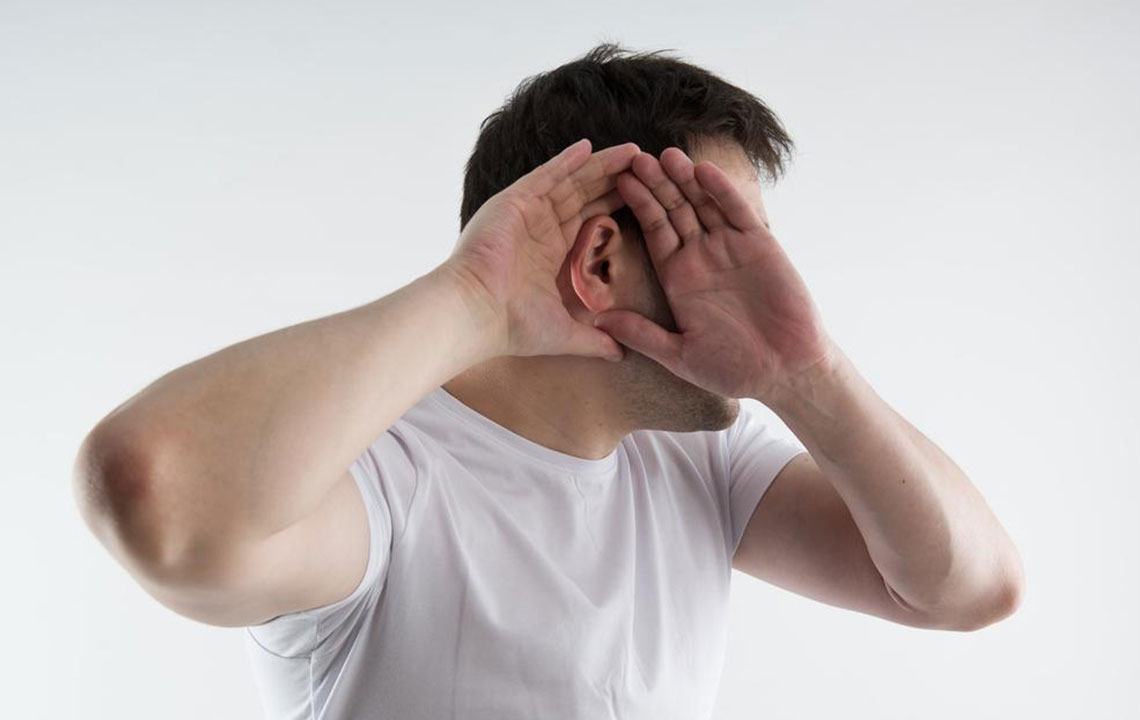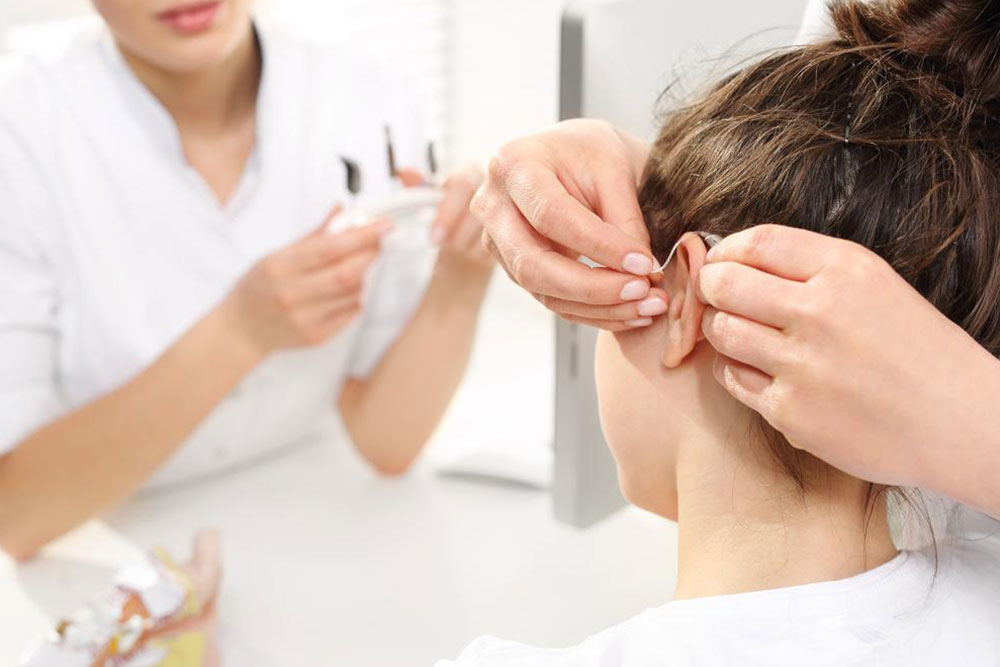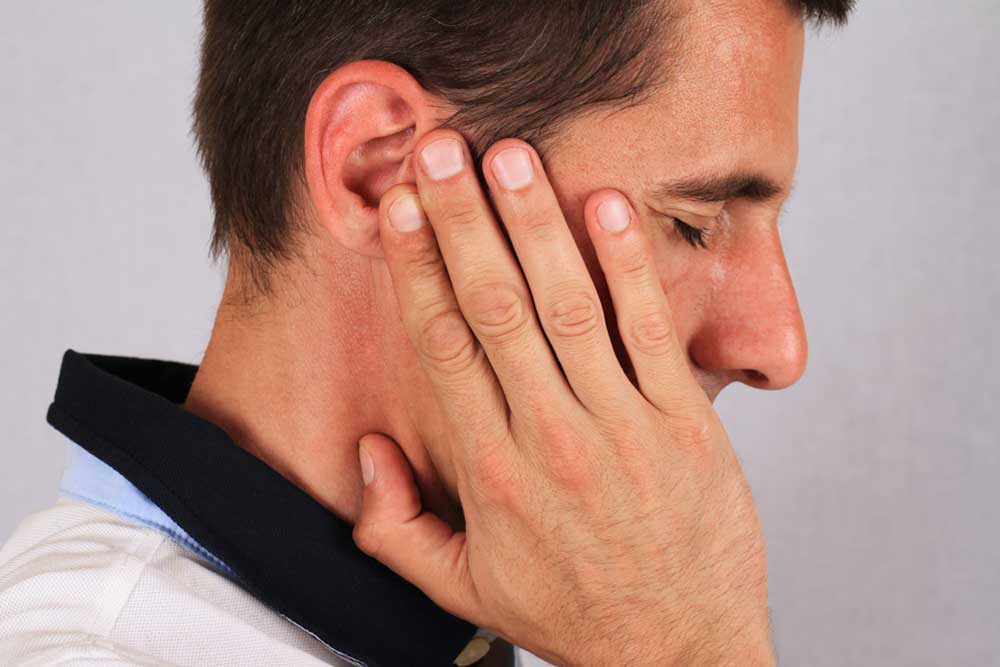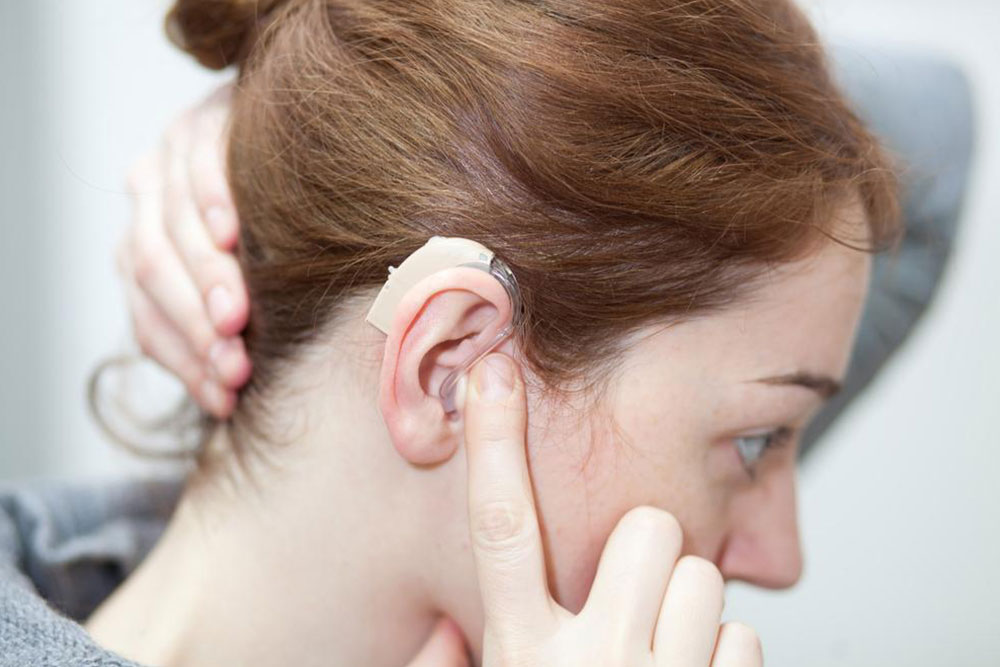Comprehensive Guide to Preserving Your Hearing Health and Preventing Hearing Loss
This comprehensive guide offers essential strategies for preserving hearing health, including regular assessments, noise protection at work, safe listening practices, ear hygiene, and managing ear infections. By adopting these preventive measures, you can effectively reduce the risk of hearing loss and enjoy better auditory health throughout your life.
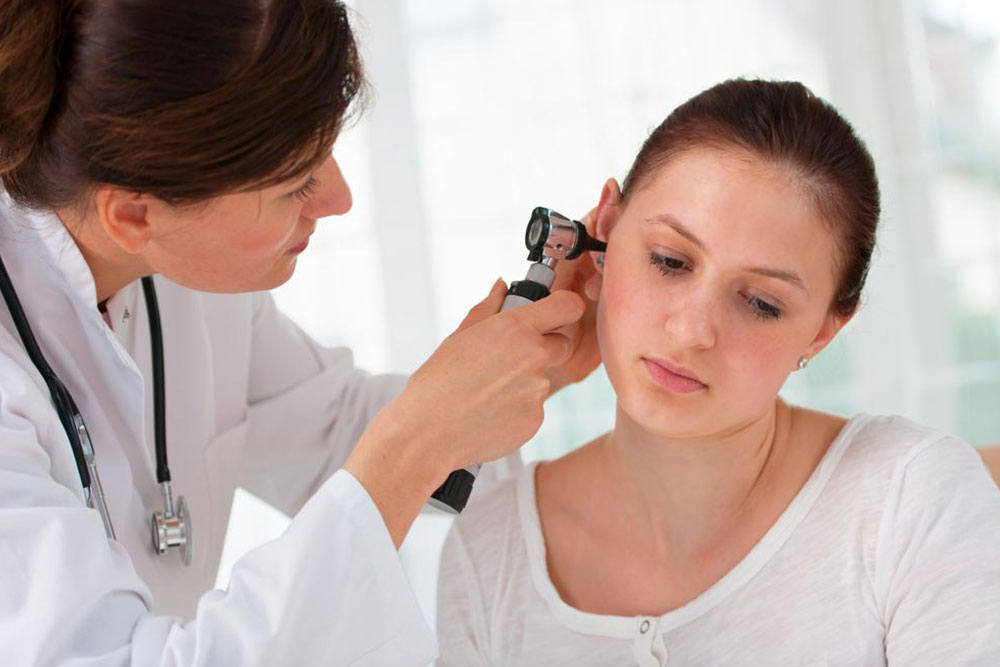
Proven Strategies to Protect Your Hearing and Maintain Ear Health
Imagine a world where you cannot enjoy the sounds that bring joy—music, conversations, nature sounds. Hearing loss can strike at any age and can significantly impact quality of life. While some individuals are born deaf, many experience acquired hearing loss later in life due to various factors. Fortunately, with proper awareness and preventative measures, you can safeguard your hearing health effectively. This comprehensive guide explores essential methods to prevent hearing deterioration, including regular assessments, protective measures in noisy environments, cleaning routines, and medical considerations.
Importance of Regular Hearing Checks
Regular hearing assessments are crucial for detecting early signs of hearing decline. Many individuals are unaware of their gradual hearing loss because it happens subtly over time. Routine tests, especially for those working in environments with high noise levels, can help identify issues before they worsen. Early diagnosis allows for timely intervention, including the use of hearing aids or other assistive devices, which can significantly improve quality of life.
Workplace Ear Protection
Workplaces with high noise levels pose a significant risk to ear health. Exposure to sounds above 90 decibels can cause permanent damage to the delicate structures within the ear, leading to sensorineural hearing loss. To prevent this, always use appropriate personal protective equipment such as earmuffs or earplugs designed to reduce sound exposure. Employers should ensure a safe noise level environment and provide protective gear, especially in industrial, construction, or manufacturing settings.
Furthermore, regular breaks from noisy environments can help reduce cumulative damage. Creating a quieter workspace or workstation is beneficial, and you should be aware of your surroundings' noise levels to avoid silent damage accumulating over time.
Limit Volume When Listening to Music
Listening to music at high volumes through headphones or earbuds is one of the leading causes of avoidable hearing loss among young and middle-aged adults. To protect your ears, respect volume recommendations—keeping sound levels below 60-70% of maximum. Noise-canceling headphones can help you enjoy your favorite tracks without turning up the volume excessively, as they reduce ambient noise, enabling lower volume settings.
Additionally, adhere to the 60/60 rule: listen at no more than 60% volume for no longer than 60 minutes at a time. Taking regular breaks in quieter periods allows your ears to recover and minimizes the risk of damage.
Proper Ear Hygiene Practices
Maintaining ear cleanliness is vital in preventing wax buildup, which can impair hearing. However, inserting cotton swabs into the ear canal is a common mistake; it can push wax deeper, cause irritation, or even damage the eardrum. Instead, opt for safe methods like saline rinses or consult healthcare professionals for ear cleaning procedures. Regular gentle cleaning helps prevent blockages and keeps auditory pathways clear.
Address Ear Infections Immediately
Middle ear infections are common across age groups and can temporarily or permanently impair hearing if left untreated. Symptoms such as ear pain, discomfort, fluid drainage, or hearing muffling warrant prompt medical attention. Early intervention with medications like antibiotics can effectively resolve infections, preventing the risk of chronic issues that might require surgical intervention or lead to irreversible damage.
Maintaining good ear hygiene, avoiding irritants, and managing allergies are additional steps to reduce infection risks. Always seek timely medical care and avoid self-medicating to ensure proper treatment.
Medication Awareness
Some medications have ototoxic effects, meaning they can be harmful to your hearing. Drugs such as certain antibiotics, chemotherapy drugs, high-dose aspirin, and diuretics are known to potentially cause hearing loss or balance issues. Before starting any medication, discuss possible side effects with your healthcare provider, especially if you are prescribed ototoxic drugs.
If you notice any changes in your hearing after medication use, report these symptoms promptly. Your doctor might adjust dosage or recommend alternative treatments to reduce harm. Monitoring medication effects is a crucial aspect of hearing preservation, particularly during long-term treatments.
Taking proactive steps to protect your hearing can preserve one of your most valuable senses. Regular checkups, protective gear, mindful listening habits, proper ear hygiene, prompt infection treatment, and medication awareness form a comprehensive approach to maintaining healthy ears for life. Remember, hearing health is an investment in your overall well-being, ensuring you enjoy life's sounds for years to come.

